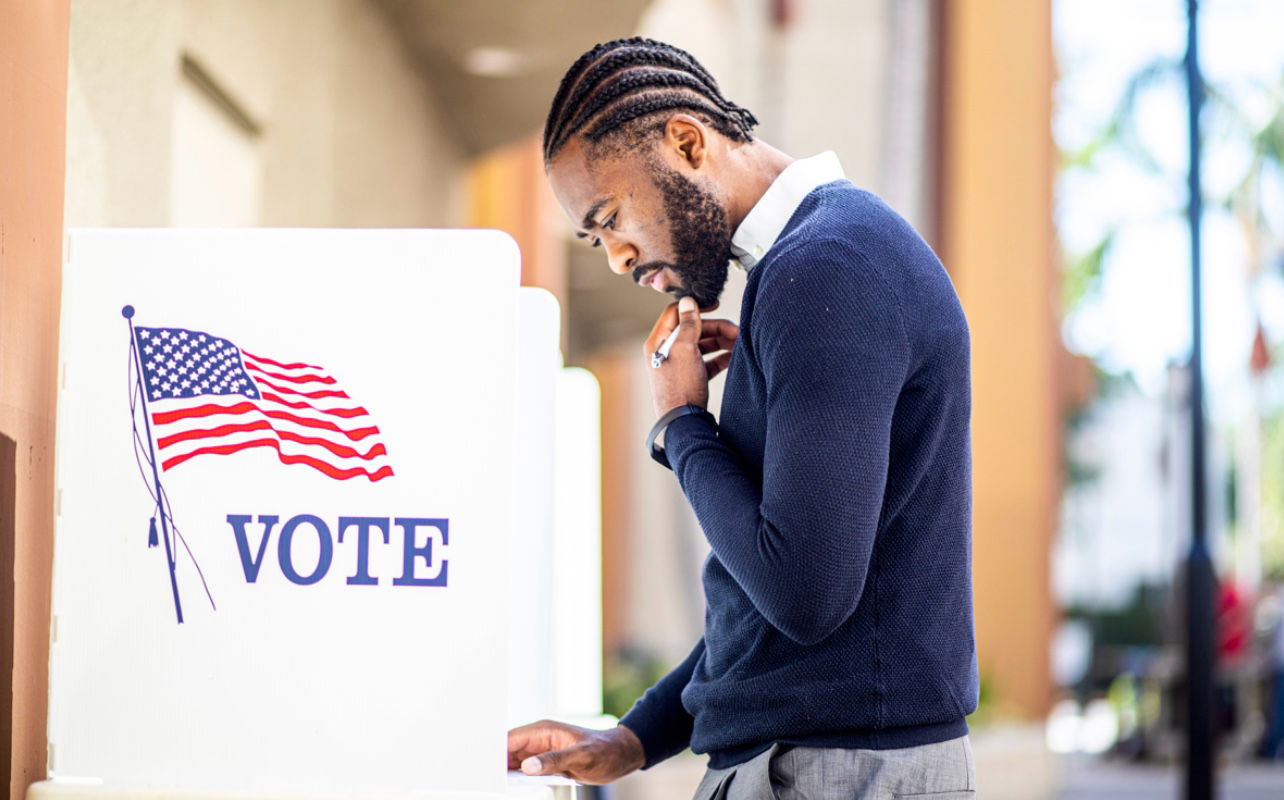
May 27, 2024
Supreme Court Upholds South Carolina Congressional Map, Rejects Racial Gerrymandering Claims
The vote, which many see as a blow to the state's Black voters, was 6-3.
On May 23, the Supreme Court ruled in a 6-3 split along ideological lines that the electoral maps drawn by South Carolina Republicans were not unconstitutional, nor did they present a barrier to Black voters exercising their political power, a reversal of previous rulings from lower courts.
As ABC News reported, Justice Samuel Alito wrote the majority opinion. Alito believes that the decision from the lower court(s) was erroneous, as he wrote, “A party challenging a map’s constitutionality must disentangle race and politics if it wishes to prove that the legislature was motivated by race as opposed to partisanship. Second, in assessing a legislature’s work, we start with a presumption that the legislature acted in good faith,” Alito argued. “In this case…the three-judge District Court paid only lip service to these propositions.”
The case concerned South Carolina’s Congressional First district, which stretches from Savannah and Hilton Head all the way to Charleston. Upon the district’s realignment after the 2020 election, several majority-Black neighborhoods were moved into the surrounding Congressional Sixth district. This elicited a challenge from the South Carolina NAACP and a resident, Taiwan Scott.
Scott, who was the only individual plaintiff in the lawsuit, told ABC News that he believed the redrawn district was “taking our opportunity to elect a representative away from us.” Alito, however, disagreed, writing in his opinion that he believed the evidence of racial gerrymandering was circumstantial. “Challengers provided no direct evidence of a racial gerrymander and their circumstantial evidence is very weak,” Alito wrote.
Justice Elena Kagan, who authored the liberal justices dissent, argued that the Supreme Court’s decision was disrespectful to the work done by the lower courts and their judgment that the purge of 30,000 Black voters from the district was essentially “bleaching” the district.
Kagan used her dissenting opinion to sound the alarm for what the conservative-led court’s judgment would allow to happen in the future. “What a message to send to state legislators and mapmakers about racial gerrymandering,” Kagan wrote. “Those actors will often have an incentive to use race as a proxy to achieve partisan ends. And occasionally they might want to straight-up suppress the electoral influence of minority voters.”
Kagan continued her strongly worded opinion, “This odious practice of sorting citizens, built on racial generalizations and exploiting racial divisions, will continue. In the electoral sphere especially, where ugly patterns of pervasive racial discrimination have so long governed, we should demand better — of ourselves, of our political representatives, and most of all of this Court. Respectfully, I dissent.”
Kagan’s opinion reflected that of her liberal compatriots, Justices Sonia Sotomayer and Ketnaji Brown-Jackson as she wrote, “The proper response to this case is not to throw up novel roadblocks enabling South Carolina to continue dividing citizens along racial lines.”
Kagan argued, “It is to respect the plausible – no, the more than plausible – findings of the District Court that the State engaged in race-based districting. And to tell the State that it must redraw District 1, this time without targeting African Americans.”
Janai Nelson, the president and director-counsel of the Legal Defense Fund (LDF) echoed the warning of Justice Kagan in a press release.
“The highest court in our land greenlit racial discrimination in South Carolina’s redistricting process, denied Black voters the right to be free from the race-based sorting and sent a message that facts, process, and precedent will not protect the Black vote,” Nelson wrote.
Nelson added, “Today the voices of Black South Carolinians were muted, and if we are not careful the next set of votes denied could be those in your state. Make no mistake, LDF will not yield in the fight to build Black political power that represents the people who contribute mightily to this country and strengthen this democracy. The voting rights of Black communities remain under attack and the LDF will continue to meet moments like these with the resolve and determination necessary to protect voting rights and enforce key protections of the 14th and 15th Amendments.”
RELATED CONTENT: U.S. Supreme Court May Make It Harder To Prove Racial Gerrymandering